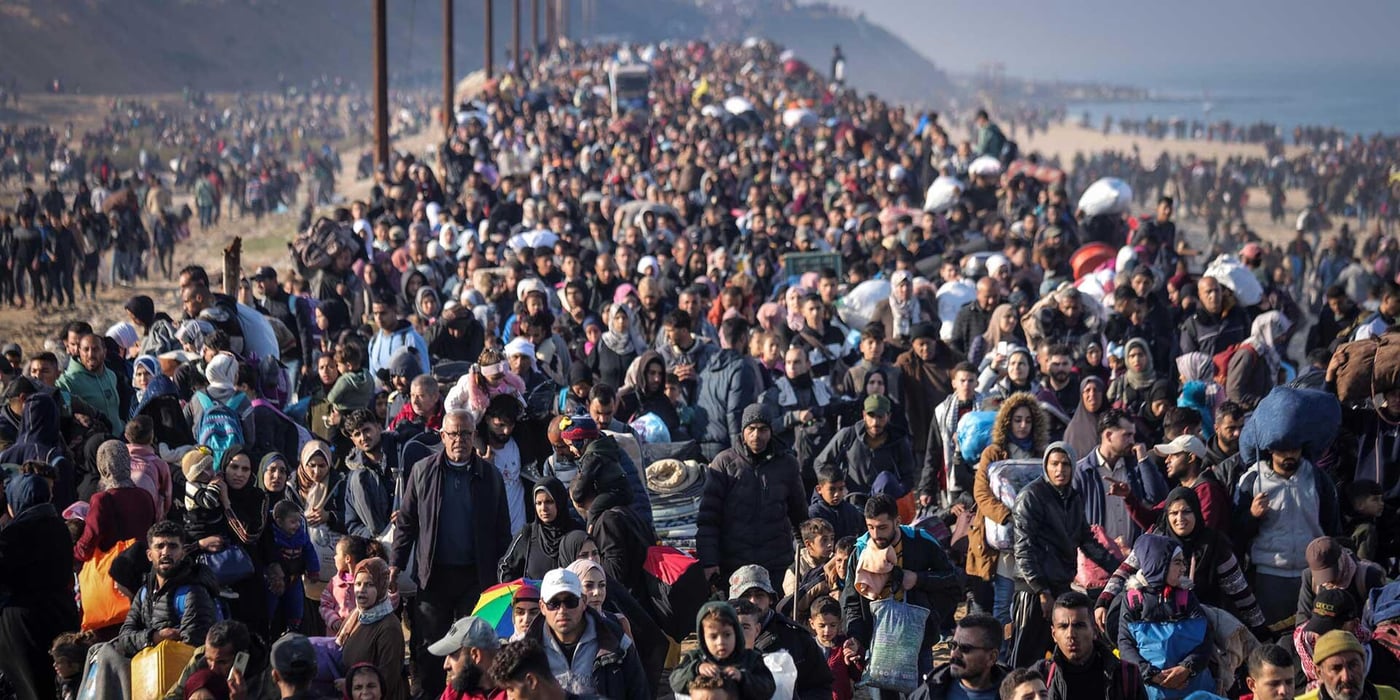
Many women who are forced to flee their homes, do not only have to protect and take care of themselves but their children as well. "When people are forced to flee, the day-to-day survival falls on women," says Vasset. "Women are the ones that must provide for their children, find shelter and food. They often continue to be responsible for the family, for housekeeping and cooking, and are in many situations forced to go out and earn the money as well."
Losing support networks
Before they are displaced, women in most countries have a support network around them. According to Magnhild Vasset, being forced to flee often changes this for the worse in the countries where NRC operates:
"For instance, in Syria, before the conflict, women were able to leave the house, girls were able to go to school, they were able to socialise. As displaced women, their freedom of movement is heavily restricted. Women that had a safety net suddenly may not have that anymore."
These responsibilities can have negative effects on women's lives:
"We see it in Uganda where many displaced women are forced to be the sole breadwinners for their children. Some have turned to "survival sex" to feed their families. When you're displaced, you lose your protection network, you lose the freedoms you once had," says Vasset.
Sexual violence
Displaced women also face greater risks of sexual violence and other abuses:
"In all the countries in which we work, we continue to see women being marginalised. Rape is used as a weapon of war – it is happening in Syria, Iraq, South Sudan and The Central African Republic. At the same time, response to gender-based violence is one of the most underfunded issues in humanitarian response."
Need to strengthen humanitarian response for women and girls
The humanitarian system needs to acknowledge that there are specific needs of women and girls that need to be met that are not being met today, argues Vasset. "They need to programme for that, give women a position in their community to try and bolster how people see them, as people who can contribute to decision making and leadership."
Hear their stories
Women and girls who are forced to flee around the world deserve special attention this Women's Day. Meet some of them and hear their stories below:
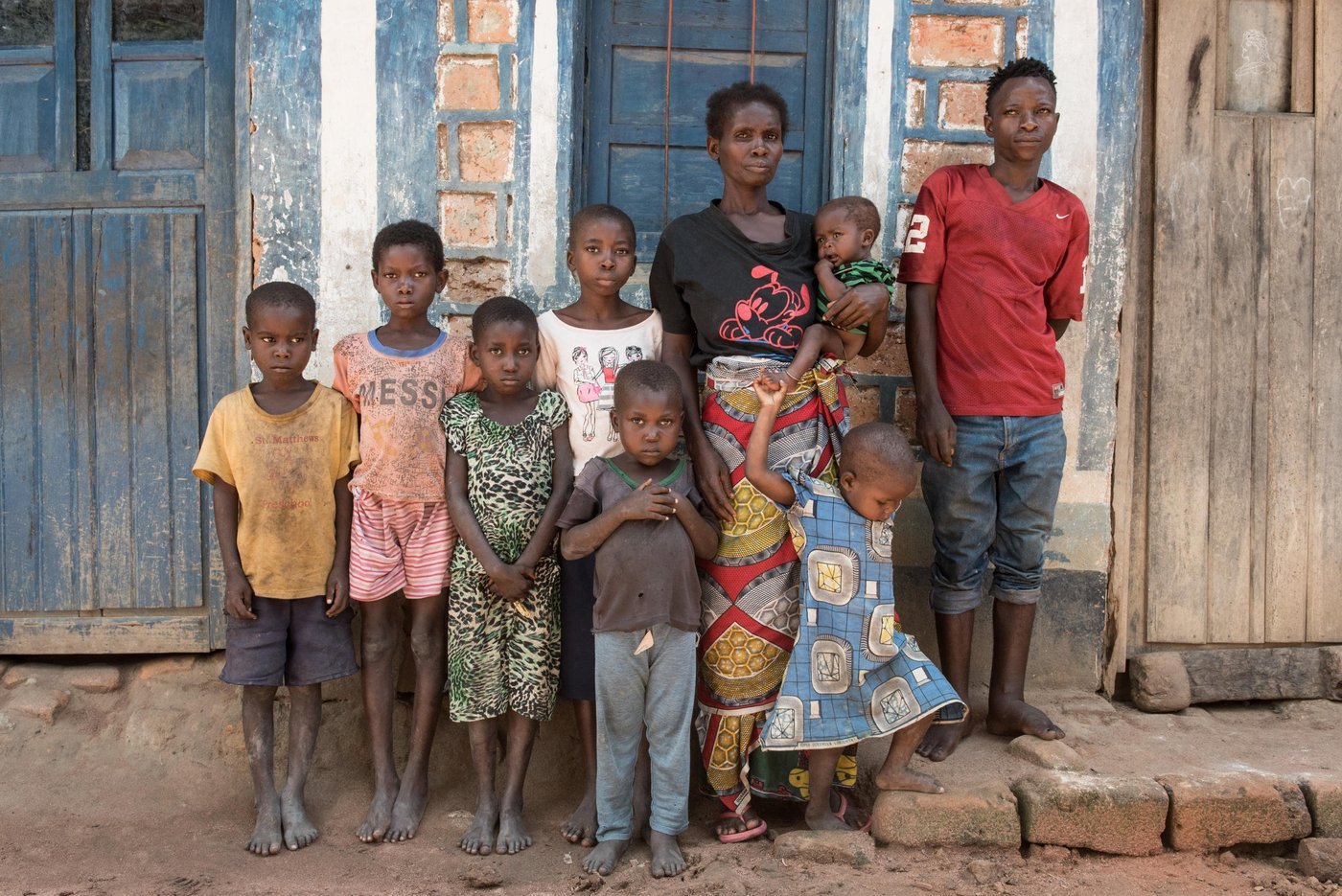
Mwama Mukenguo, 40, and her eight children were forced to flee after rebels killed her husband and father in their home in the Democratic Republic of the Congo. “We have nothing. I gave birth to my baby in May and he’s severely malnourished. I have eight kids, six are here with me now and two are with relatives. We need food and clothes,” she says.
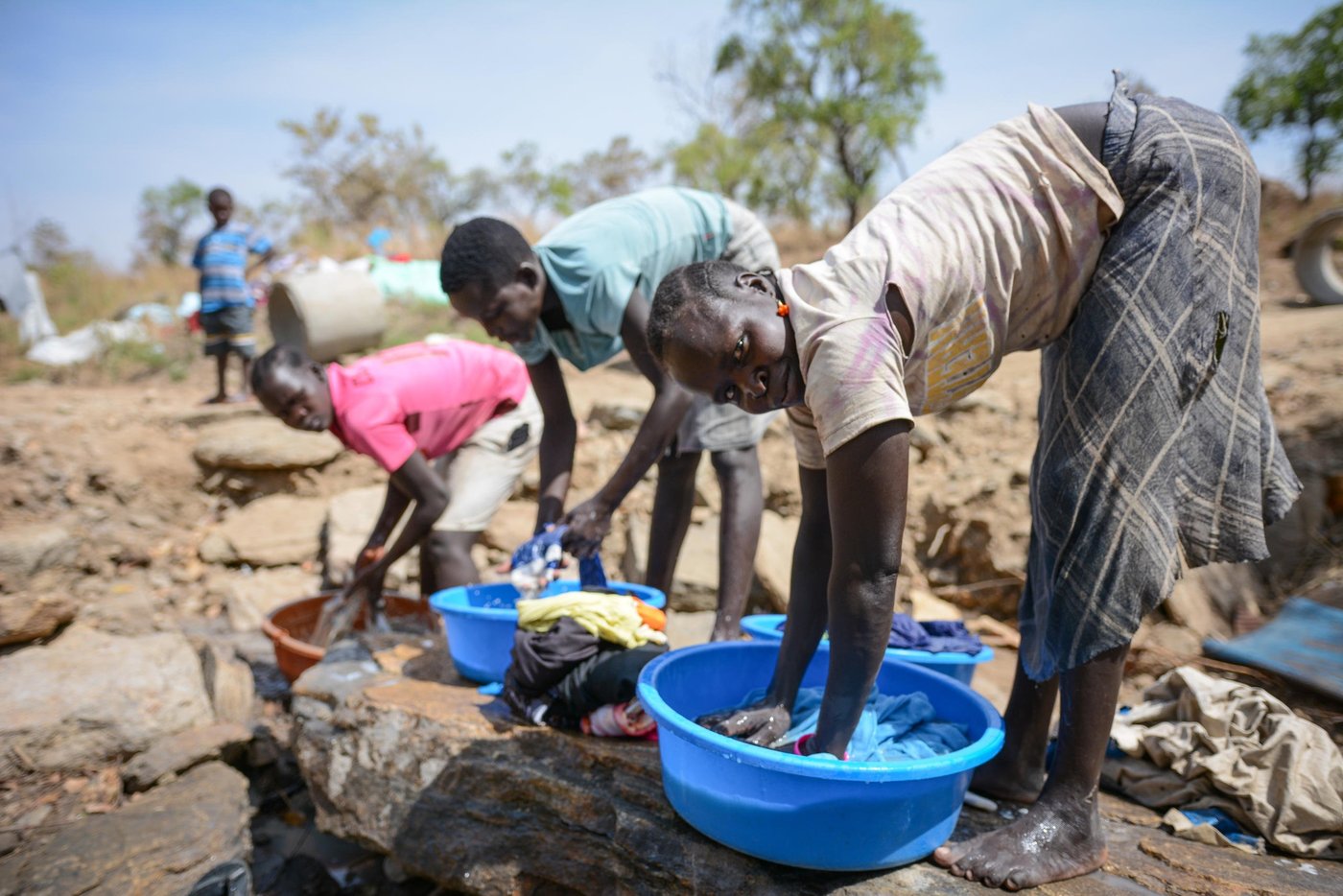
“My husband was killed when we fled towards Uganda. Now I am alone here, trying my best to support my three children”, says Apai Regina, 25 from South Sudan. She wishes for her children can grow up in safety.
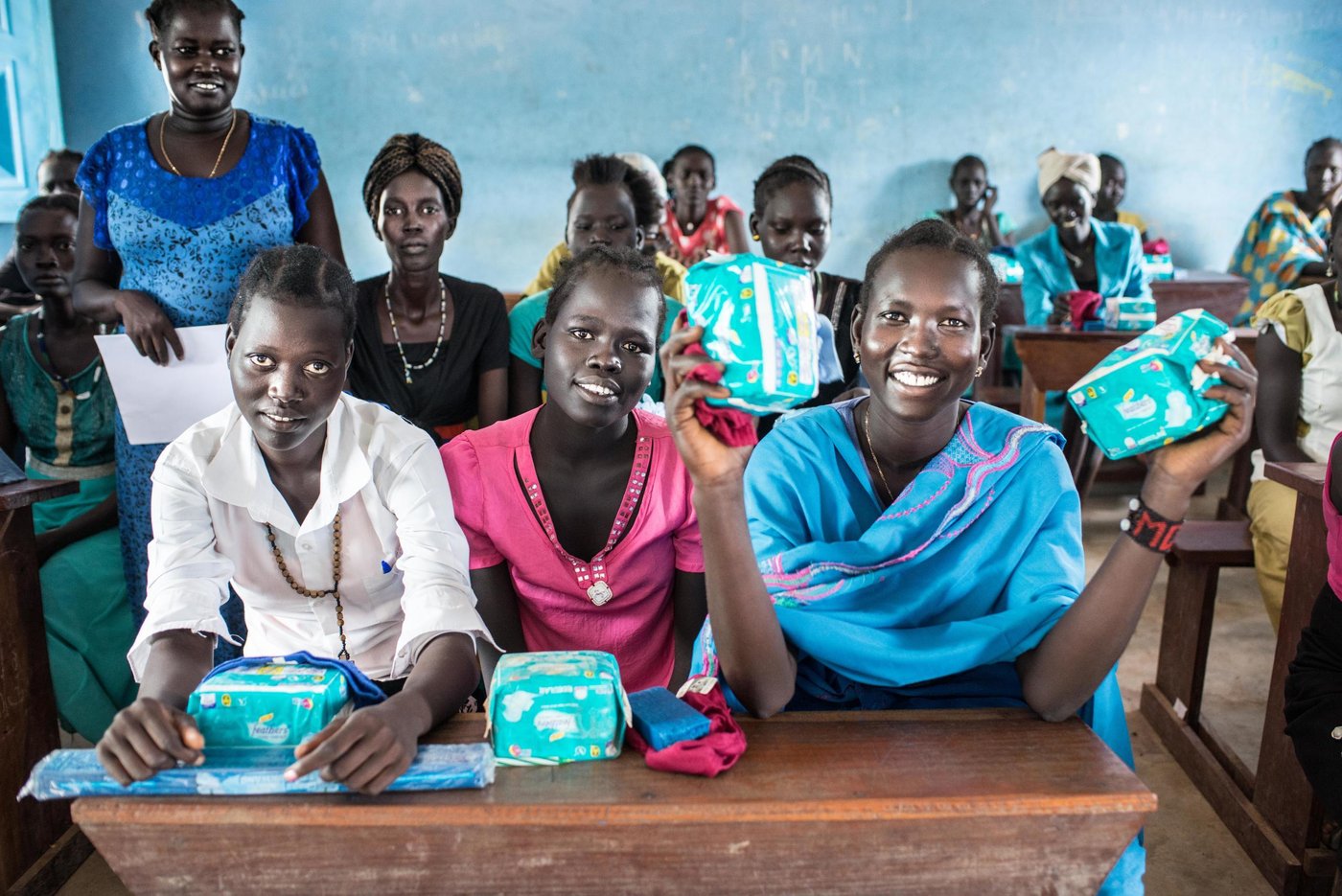
“One of the challenges we face is that if you do not have pads, you stay home and hide,” says Monica Abuk Garang, 19. She explains that if girls do not have pads they rather stay home than go to school. The opportunity to go to school is often a hope of a brighter future, but with the lack of sanitary kits the young women may struggle to attend school. In Monica's school in Gordhim, South Sudan, we handed out sanitary pads to help the young women stay in school.
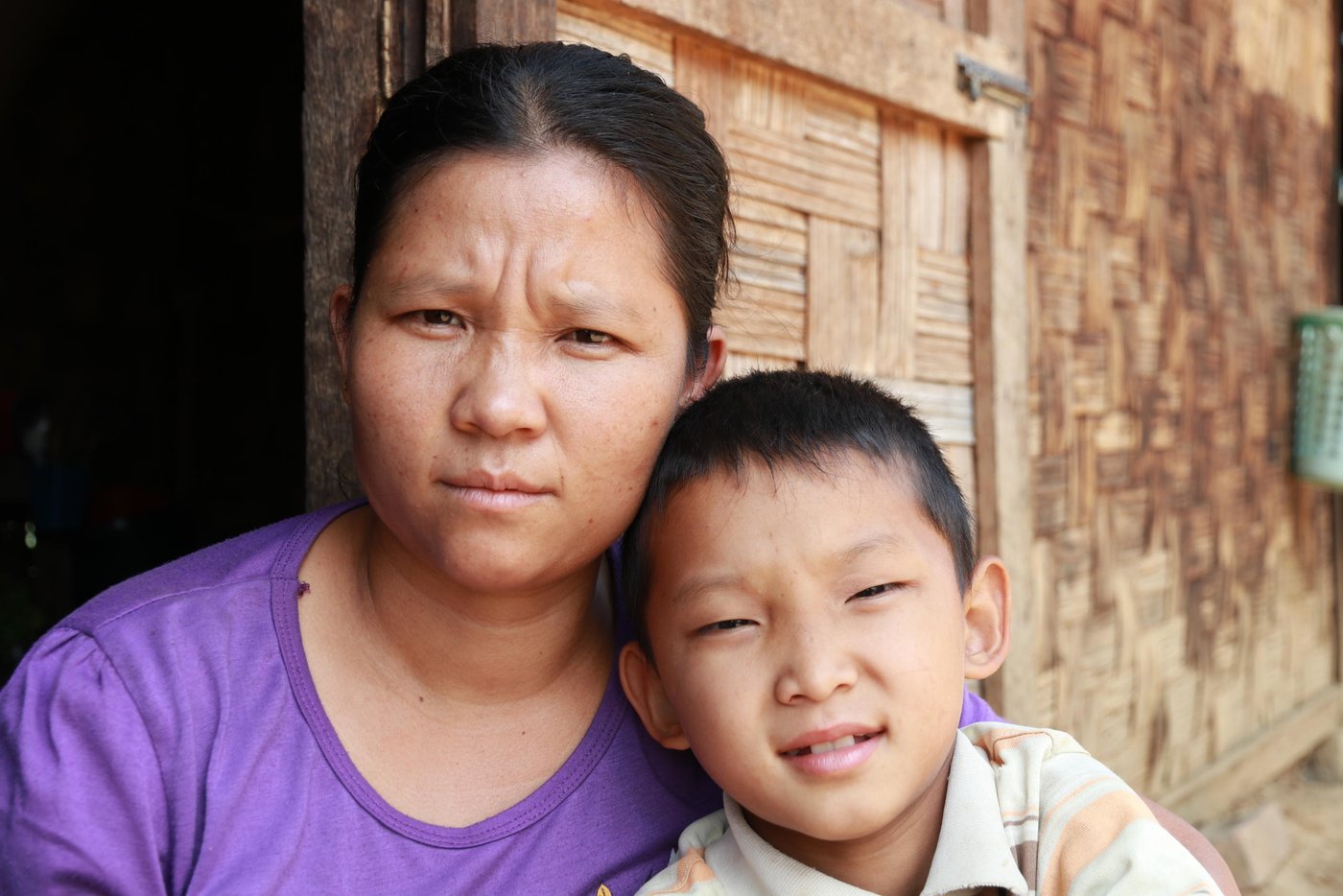
Lashi Roi Ja, 30, fled with her children when the fighting came to her village. Two years ago, she got word that her husband, who was in the army, had died in battle. "I have a couple of pigs here, but I can't do much work outside the camp, since I have to stay here to take care of my youngest children. Sometimes, I would get a part time job at one of the farms, growing rice, in the area, but I can only go if I get someone to look after my children. I have sleepless nights, because I’m worried about my children’s education,” Lashi Roi says. With her in the photo is her 8-year-old son Aung Latt.
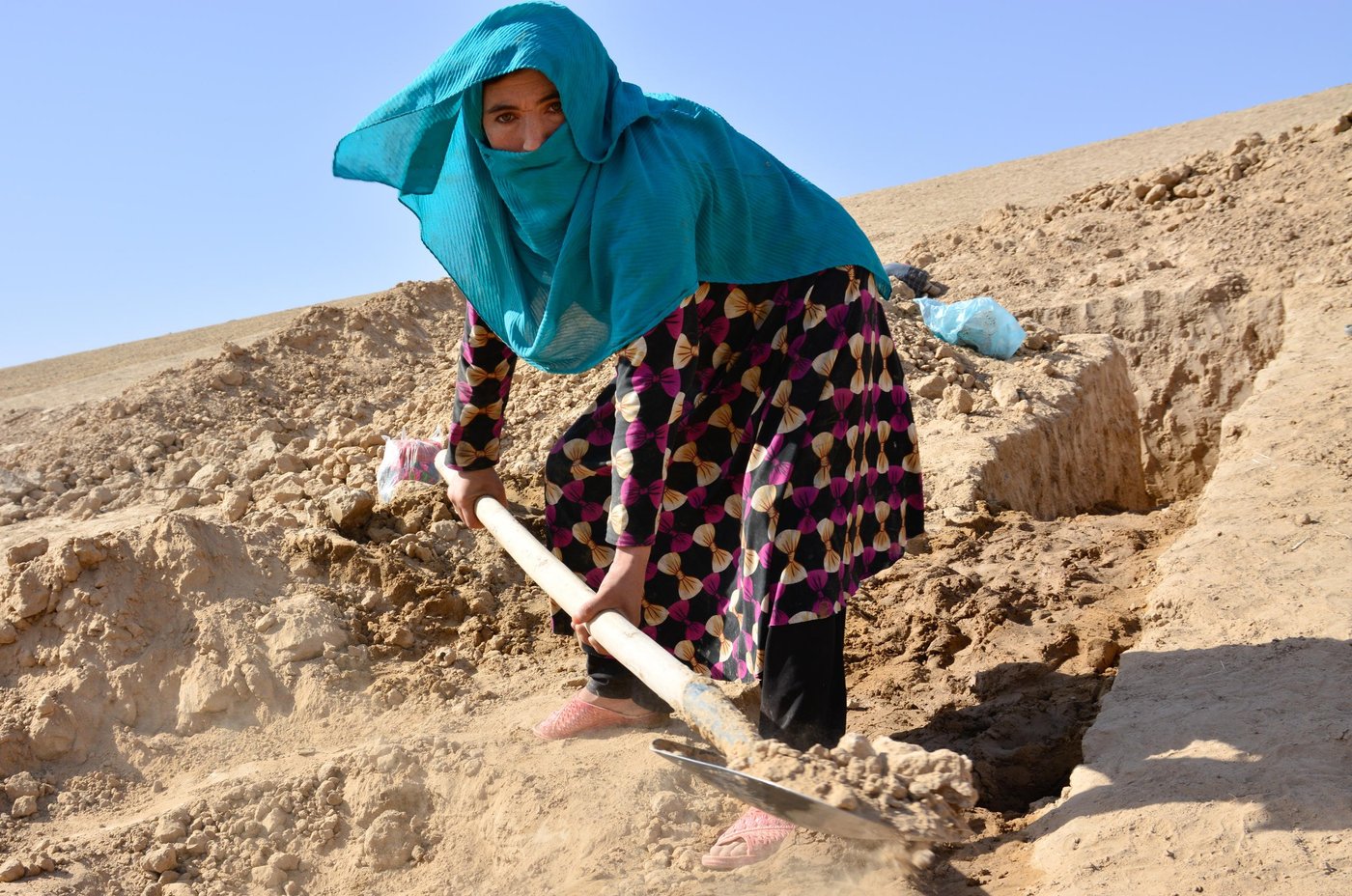
28-year-old Shafiqa had to flee with her three children after the conflict in her hometown, Faryab, Afghanistan, began to intensify. As people try to rebuild their lives, Shafiqa is trying to build a new home for her family in Sar-e Pol.
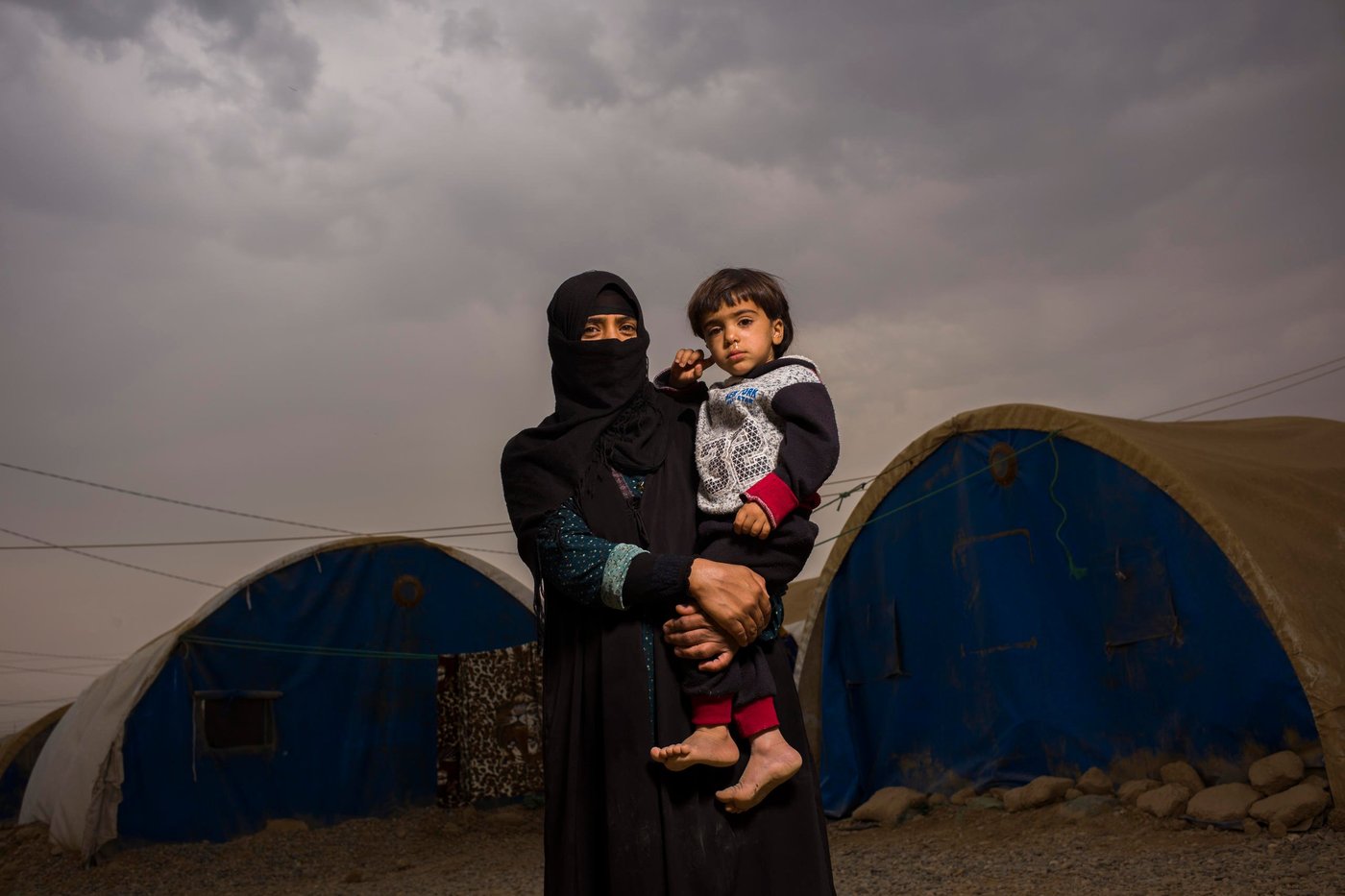
This is Maysar, 20, carrying her 2-year-old son Ayad. After her husband joined the Islamic State Group, she hasn't heard from him: "I don't know if he is missing or dead. I have three children, none of them have identification. If I can't prove that my husband is dead, I can't get birth certificates for them," she explains.
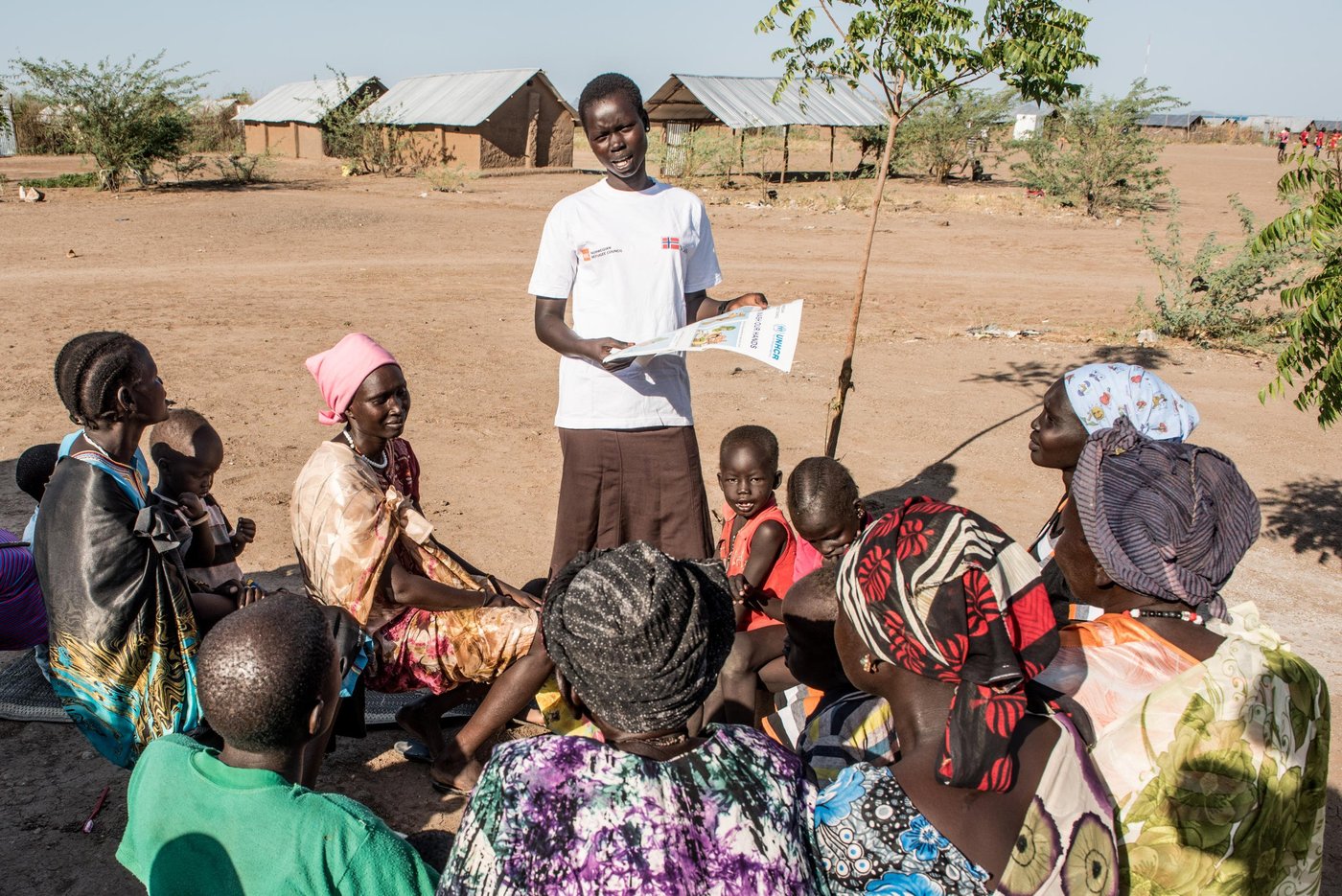
25-year-old Kich from South Sudan has a strong message on how important it is to stay in school when you're a girl: "If you're not educated with a lot of children and your husband is killed in South Sudan, then your children will not get any support - and some of them will be thieves or killers. That’s why I am telling you girls: Don’t leave your education. Even if you have a child – continue!”


